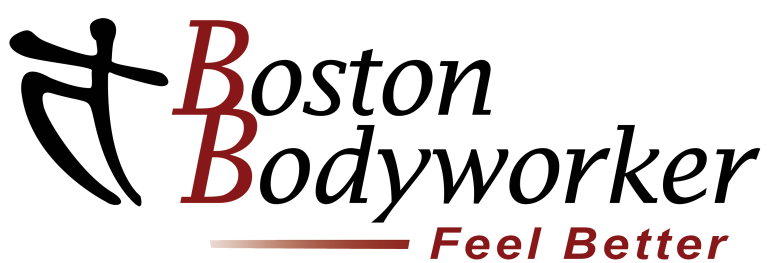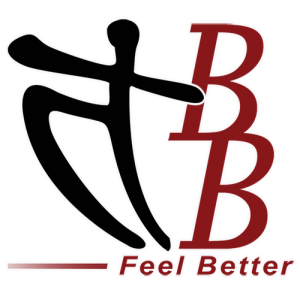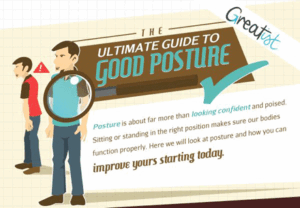Are You Making the Most of Your Massage?
Are You Making the Most of Your Massage?
How to Prolong the Benefits of Bodywork
A massage works in wonderful ways, easing stress and pain, calming the nervous system, increasing circulation, loosening tight muscles, stimulating internal organs, and enhancing skin. The multiplicity of physiological responses sends a simple, clear message to the mind: Massage feels good. Of course, you want to hold on to that just-had-a-massage feeling total body relaxation, muscles relaxed and at ease, and fluid movement restored for as long as possible.
But how long that bliss lasts depends on the state of your body. If you’re suffering from chronic pain or recovering from injury, then it may take more sessions and perhaps different modalities before optimal health is restored.
If massage is part of your regular health regimen, then it’s more likely the effects will endure. In other words, the effects of massage are cumulative, like any healthy habit. The more often you get a massage, the greater and longer-lasting the benefits.
Massage Frequency
How often you receive massage depends on why you’re seeking massage. In dealing with the general tension of everyday commutes, computer work, and time demands, a monthly massage may be enough to sustain you. On the other hand, if you’re seeking massage for chronic pain, you may need regular treatments every week or two. Or if you’re addressing an acute injury or dealing with high levels of stress, you may need more frequent sessions. Your situation will dictate the optimum time between treatments, and your practitioner will work with you to determine the best course of action.
You need to consider how you felt before the session and how you felt after, and then look at how long you maintain that. In general, experts say “regular” massage is preferable, but how regular depends on your situation. While daily massage would be delightful, practical considerations such as cost, time, and physical need likely determine the frequency of treatments. It’s best to maintain a schedule. That way the body becomes conditioned and prepared for session at specific intervals.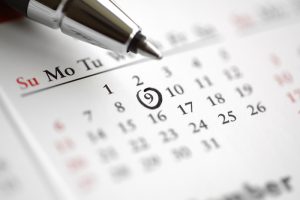
Maintenance
Whether you get a massage weekly, monthly, or just every once in a while, the following habits can maximize and extend the afterglow of treatment.
Water
One bit of advice you’ll hear over and over again is to drink plenty of water after a massage. Massage promotes circulation, increasing blood flow and oxygen and stimulating the lymphatic system, which helps rid the body of pathogens. After-massage hydration supports these functions, helping to eliminate released impurities, sooner rather than later.
Stretching
Another helpful habit is stretching between massages to maintain joint mobility, prevent muscles from tightening up again, and keeping the life energy flowing. This may mean doing yoga or  whatever specific or full-body stretches suggested by your practitioner. After a session, for example, your practitioner may recommend stretches. Stretches can take anywhere from 5 to 10 minutes a day, but really help keep the body limber.
whatever specific or full-body stretches suggested by your practitioner. After a session, for example, your practitioner may recommend stretches. Stretches can take anywhere from 5 to 10 minutes a day, but really help keep the body limber.
Exercise
Working out can also help maintain the benefits of massage, and this habit should be continually cultivated. However, if you’re receiving massage therapy to help speed muscle strain recovery, you may need to ease up on the exercise for a while and give the body time to heal, particularly if you’re recovering from a strenuous body-pummeling training regimen. You don’t want to over-work your body. That is, if running is taking a toll, try something more gentle and meditative such as swimming, walking, or tai chi.
Body Awareness
After a massage, respect how your body feels. If your body seems to ask for rest, give in to that demand. This may mean backing off the to-do list, taking it easy, moving slower, and perhaps doing less for a while. And don’t allow yourself to get fatigued because it will undermine the effects of massage. Get sufficient sleep to allow the body to absorb the effects and regain vitality.
Ready to #feelbetter?
You're just a click away from a wicked good massage!
-

60 Minute Massage Gift Card
$170.00 Add to cart -

90 Minute Massage Gift Card
$255.00 Add to cart -
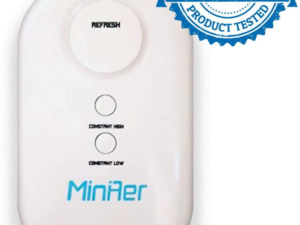
Mini Aer Small Room Air Purifier
$149.00 Add to cart -
Sale!

Thera-Pearl Sports Pack/Hot Cold
Original price was: $14.99.$12.99Current price is: $12.99. Add to cart -

3 Somadome Sessions Gift Card
$135.00 Add to cart -

TheraBand CLX Connective Loop
$14.99 Select options -

6 Somadome Sessions Gift Card
$270.00 Add to cart -
Sale!

Biofreeze
Original price was: $14.99.$12.99Current price is: $12.99. Add to cart
Passion Mountain
I was at an event recently and was asked by somebody how I could STILL be so passionate for what I do. He said, “What I mean is that you talk about what you do with the passion of child flipping through a new pack of baseball cards. I wish I was that passionate about…
Read MoreFish You Should Scale Back On
New Englander’s love their seafood and we deepen our love affair every summer when our favorite crustaceans, ‘lobstah’ is a plentiful. But what is the best seafood for us and what are the ones that we should be staying away from regardless of how yummy they may be? Monterey Bay Aquarium has combined data from…
Read MoreSports are a Great Metaphor
It’s no secret that my life has always revolved around athletics. From my early days playing pop warner football, through my college years of lacrosse and on into the various community leagues since, being part of a team has always been where I feel most comfortable. What I enjoy most about being part of a…
Read MoreWhat is an Expert?
“An expert is someone widely recognized as a reliable source of technique or skill whose faculty for judging or deciding rightly, justly, or wisely is accorded authority and status by their peers or the public in a specific well-distinguished domain.” – Wikipedia This past month I flew to Atlanta to present a few classes in…
Read MoreThe Power of a Hug
Originally Posted 5/1/2014; following the 1 year anniversary of the Boston Marathon Bombings and our mission to rebound after these horrible attacks on our city. We helped orchestrate the ‘One Run for Boston’; a 3328.2 NON-STOP running relay from LA to Boston, raising over $500K for the victims and survivors of the events of 4/20/2013.…
Read MoreTips from the Table
Without fail, every marathon season, I am asked by my patients, what kind of advice I would offer up to them as they prepare to run the Boston marathon. I first admit that I have never (nor will ever) run a marathon, but given my unique insight of spending 1000’s of hours alone in a…
Read MoreShoulder Impingement
The glenohumeral joint is a highly complex articulation. It has the greatest range of motion of any joint in the body. However, its increased motion occurs at the expense of stability, requiring the soft tissues to play a more critical role in maintaining joint integrity. As a result of increased mechanical demands, numerous soft-tissue injuries…
Read MoreTrain, train, train. Train of fools.
In my seventeen years as a massage therapist, I am still amazed by some of the things I see in my office. Being situated 1/10th of a mile from the finish line of one of the most prestigious marathons in the world, the Boston Marathon, we see more than our fair share of runners coming…
Read MoreAchilles Tendon Disorder
Achilles Tendon Disorder Massage therapists see many clients with active lifestyles. Running, jumping, dancing, climbing, or any number of other activities can put serious stress on the Achilles tendon (AT). AT disorders also can contribute to biomechanical disorders in the foot and lower extremity. That is why it is important for the massage practitioner to…
Read More